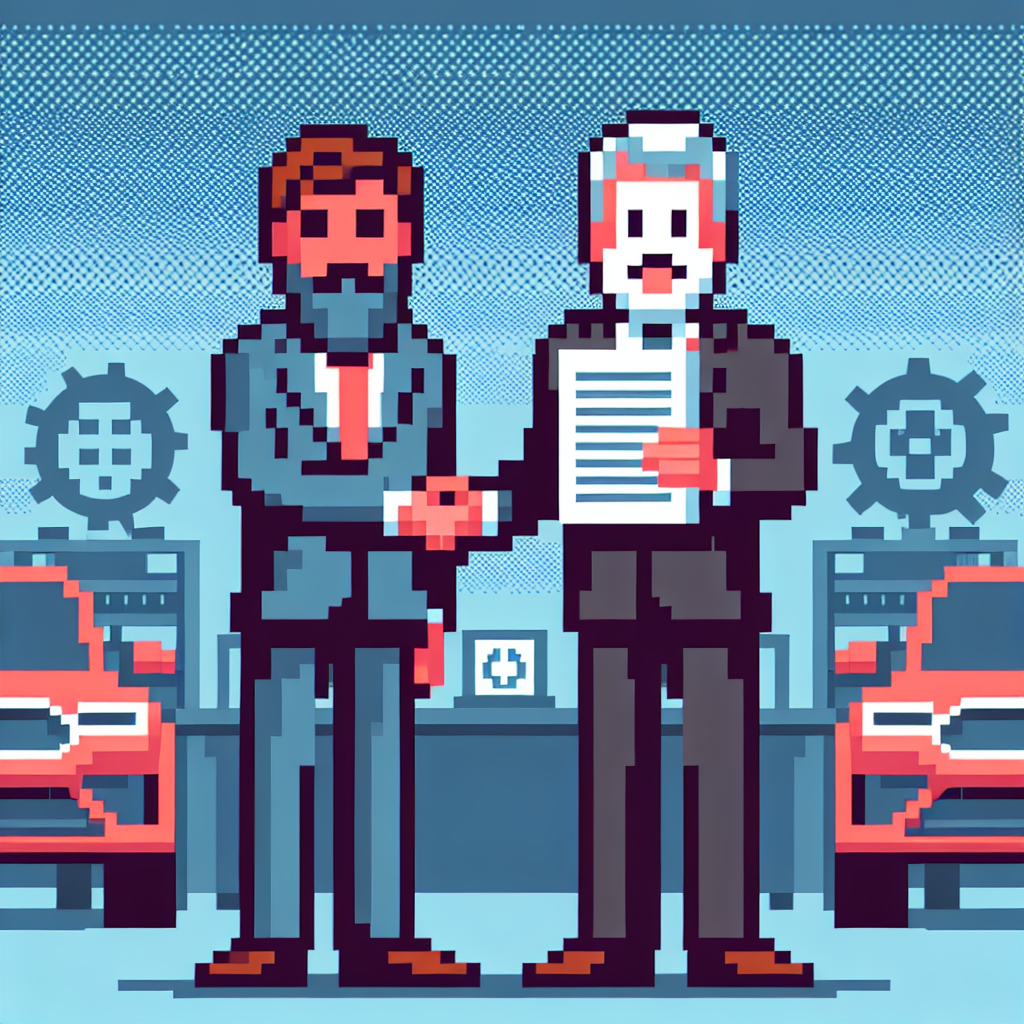Why this trade expert says the U.S. economy will stall next quarter — and Apple’s investment claims are inflated - MarketWatch | Analysis by Brian Moineau
The Great Manufacturing Mirage: Why the U.S. Economy's Next Moves May Surprise You
The economic roller coaster of the 21st century is nothing short of exhilarating. One minute you're climbing a steep incline of growth and prosperity, and the next, you're racing down a decline, gripping the safety bar for dear life. In this thrilling ride, Brad Setser, a recognized trade expert, recently threw a wrench into the works with his assertion that the U.S. economy might stall next quarter. And while at it, he added a pinch of skepticism about Apple’s much-touted investment claims. So, let's unpack this economic Pandora's box and sprinkle in some global context for good measure.
A Renaissance or a Mirage?
Setser has been vocal about the prospects of a U.S. manufacturing renaissance, or rather, the lack thereof. He argues that the idea of a manufacturing comeback, often touted by policymakers and industry leaders, is more mirage than reality. Despite the optimistic rhetoric surrounding a resurgence in American production lines, Setser sees significant structural hurdles that make such a renaissance improbable. The labor costs, supply chain complexities, and competitive global markets are substantial obstacles that can't simply be wished away.
This skepticism isn't isolated. Experts across the globe have noted the challenges faced by traditional manufacturing powerhouses. For instance, Germany, once a beacon of industrial might, is grappling with its own set of manufacturing dilemmas, largely due to energy costs and shifting global demand. The interconnectedness of global economies means that the U.S. cannot simply reignite its manufacturing sector without considering these broader international dynamics.
Apple's Shiny Numbers: All That Glitters Isn't Gold
Turning our gaze to Apple, Setser's critique is a reminder that not all corporate investment announcements shine as bright as they seem. Apple, a company synonymous with innovation and sleek design, recently made headlines with grandiose claims of significant investments in the U.S. economy. However, Setser suggests that these numbers might be inflated, presenting a rosier picture than the reality.
This scenario isn't without precedent. Large corporations often announce investments that, upon closer inspection, include previously planned expenditures, tax incentives, or other financial maneuvers that don't quite translate into new economic activity. It's a bit like promising to bake a dozen cookies for a party, only to bring ten because you ate two on the way — not exactly misleading, but not the full story either.
A Global Connection
The concerns Setser raises find echoes in other parts of the world. In the UK, for instance, post-Brexit manufacturing has faced significant upheaval, with many companies struggling to maintain previous levels of output amid new trade barriers and labor shortages. Similarly, the automotive industry in Japan is navigating choppy waters due to semiconductor shortages and shifting consumer demands.
These global trends suggest that the challenges faced by the U.S. manufacturing sector are part of a larger pattern of disruption and transformation in the global industrial landscape. As nations grapple with these changes, they must also navigate the complex web of international trade relations, supply chain dependencies, and technological advancements.
Final Thoughts: Navigating the Economic Labyrinth
In this age of uncertainty, where economic predictions often feel like fortune-telling, Brad Setser's insights serve as a reminder to approach grand claims with a healthy dose of skepticism. As the world continues to evolve, so too must our understanding of what drives economic growth and the factors that can stall it.
Whether the U.S. economy will indeed hit a pause next quarter remains to be seen. But one thing is certain: in this globalized world, the fate of one nation's economy is inextricably linked to the broader international landscape. So, as we buckle up for the next leg of this economic ride, let's keep our eyes on the horizon and our minds open to the unexpected twists and turns that lie ahead.
As we navigate these uncertain waters, it's essential to remember that while the path may be unpredictable, the journey is what shapes our resilience and adaptability. Here's to the twists and turns that keep us on our toes!
Read more about AI in Business
